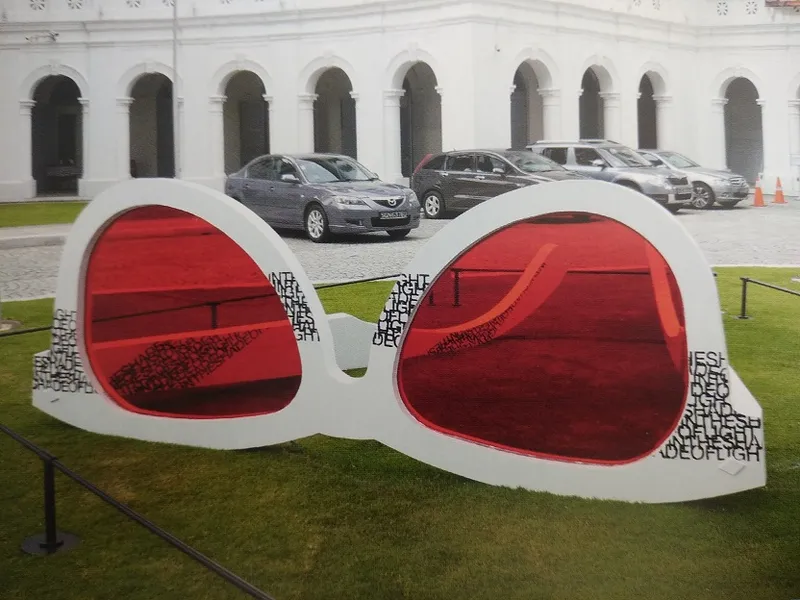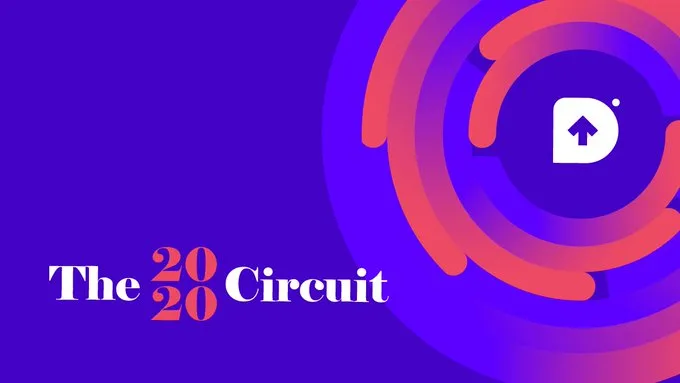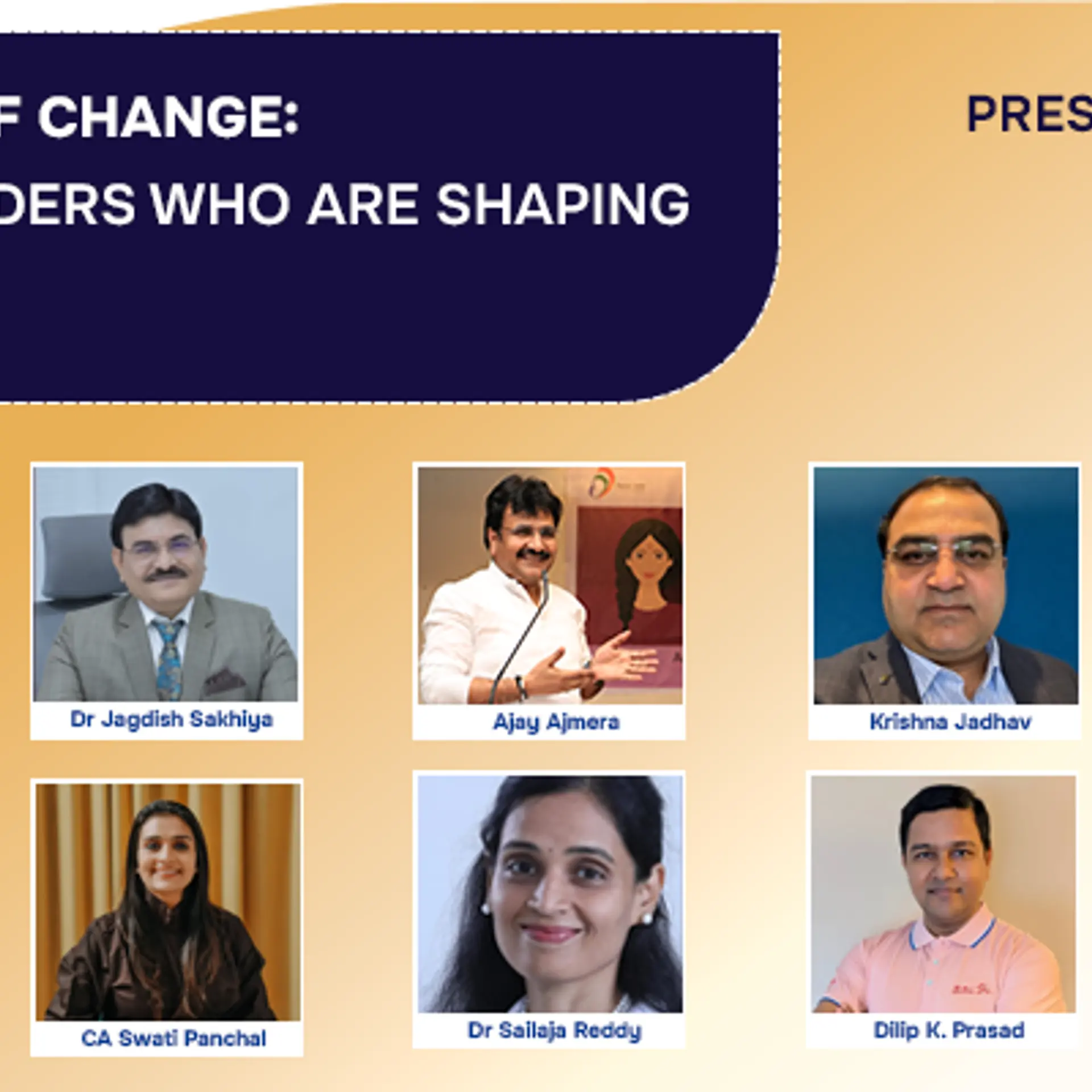Assess, adapt, accelerate – five DesignUp panellists show designers the way ahead amid coronavirus
In this three-part series, we share insights from a DesignUp panel on how the design community is responding to the coronavirus crisis.
The team behind the outstanding DesignUp conferences recently organised an insightful discussion on the challenges – and opportunities – thrown up by the coronavirus outbreak to the design community. See our coverage of the annual DesignUp conference editions from 2019, 2018 and 2017, as well as our d-Zen (‘Design Zen’) section for more design resources.

The panel line-up included Ashwini Deshpande, Director and Co-founder, Elephant Design and Founding Member, Association of Designers of India (ADI); Anthony Lopez, Founder and Principal Designer, Lopez Design; Seema Seth, Founder, Studio Sky and General Secretary of ADI; Rahul Gonsalves, Founder and CEO, Obvious; and Madanmohan Rao, Research Director at YourStory Media.
The online discussion was anchored by Shiva Viswanathan, Brand and UX Coach for Ogilvy PennyWise. The hour-long discussion, titled ‘DesignUp Circuit: The pandemic’s impact on design as a business’, covered industry outlook, community responses, and organisational strategies in a time of crisis.
In Part I of this article series, we share perspectives on the impact of the crisis, estimates of recovery times, and preparedness approaches. Digital transformation, organisational trust, and a mindset of co-creation are key to getting ahead.
Market recovery
Some sectors of the creative industry are doing well (e.g. digital entertainment) while others have been dealt a body blow and may take six months to a year to recover (e.g. live music, art exhibitions, cinema halls), Madanmohan explained, citing industry sources.
There is certainly plenty of new work for designers these days, but a lot of it is voluntary or free, e.g. designs for affordable masks, apps for health info. It may take up to a year and a half or two for testing, tracking, tracing, treating, and vaccination to become so widespread and effective that full consumer confidence returns to earlier levels.
Sectors which are doing relatively well during the coronavirus crisis revolve around digital workflow and transformation (e.g. videoconferencing, collaboration), online entertainment (e.g. games, movies), e-learning (education and corporate training), and ecommerce (delivery of food, medicines).
Services that are in demand include wellness (online yoga, counselling), legal (contracts, risk management), and essential utilities (repair of electrical equipment). Forming partnerships or volunteering for projects with companies in the above sectors can be a good way for designers to test the waters of opportunity.
Times of crisis actually offer new frames for assessing opportunity and mindsets of learning. See YourStory’s compilation in this regard, Reflection, reframing, resilience – 60 quotes on coping with a crisis.

Crises across the decades
“It is best acknowledged first that all of us must brace for business impact,” Ashwini explained. Her design firm applies a stringent filter to every new initiative to assess whether it is essential for business survival rather than for aspired growth.
“Elephant Design has been through rough weathers. We have survived the 2008 recession, impact of 9/11, changing governments and policies, Mumbai terror attacks, and the German Bakery bomb blasts in Pune,” she recalled.
“We believe we will manage to tide over to the other side of this blip if you see it against the backdrop of survival of 30 years,” Ashwini explained. The company has evolved a set of best practices and values that help in current circumstances as well.
Elephant Design has assured its clients of unconditional support through any design intervention they may need for their coronavirus combat. “Many of them are doing their bit by utilising their CSR budgets and we are helping development right from products to interfaces to communication,” Ashwini said.
“We have even had the opportunity to facilitate the launch of the COVID Madat helpline being monitored by the Maharashtra state government,” she proudly added.
Digital transformation
Design firm Obvious was an early player in mobile and growth strategies for the likes of Flipkart, Myntra, Swiggy, and Dunzo. Rahul explained that the world of mobile and social media is becoming even more personal, essential, and intimate, pushing what is possible with tech and design.
“Today, as our physical spaces shrink, our virtual spaces are expanding,” he described. He sees technology as playing an even larger role in the coming months, and digital will move into its ultimate role as infrastructure. “We definitely see that as an opportunity in these uncertain times,” Rahul emphasised.
Relationships and models
Seema of Studio Sky predicted that companies are going to be risk-averse for the next few months. “Very few will initiate entirely new client-designer relationships. Therefore, the next few immediate projects are going to emerge from existing client relationships,” she explained.
For example, through regular communication with existing clients, she is exploring the possibility of a large project, but with a staggered payment method to ease the pressure. “We have to be ready to have these new conversations we’ve not had before,” Seema emphasised.
Fortunately, she has developed a business model based on a collaborative or collective. “We put together special teams, with external collaborators, for each project, based on the requirement. This allows us to bring in the right skill and mindset each time,” she explained.
“In unpredictable times like this, this method allows me to scale teams up or down easily, and not worry about fixed salaries every month,” Seema said.
Skilling and co-creation
“The lockdown in India has upskilled its people many times over. Overnight, we shifted to meetings on WhatsApp, Zoom, and Hangouts, as well as online ordering and remote coordination without moving from our seat,” Anthony Lopez explained.
In the long run, some habits will change but many people may quickly go back to the comfort of old ways. “Moving forward, we are looking at more ambidextrous people in the digital world,” he observed. Businesses are training themselves to be agile and adaptive with speed.
“We are using leaner teams; there is a forced digital transformation and everyone is doing it. We are quickly moving into using new technologies of the Fourth Industrial Revolution, and that will require significant reskilling,” Anthony predicted.
Companies will take advantage of the current willingness of people to upskill and reskill, moving on to newer technologies and possibilities. “As Lopez Design, we are looking at reshaping ourselves in our role as designers,” Anthony explained.
Traditionally, the role of the designer is the creator at the centre - similar to a typical craft person. The role needs to transform to designers as co-creators and integrators, he emphasised. “We are working closely with client teams to create and build platforms for seamless integration. But with a lot of co-creation, there’s also the need to learn to let go and let others co-own,” he added.
“Eventually, we will get to a stage where we become the nudgers moving in and out of the circle, truly playing ball. It requires us letting go – without an ego,” Anthony said. This involves community-led work on one hand as well as online interactions and Big Data.
“The aim is shared platforms for mutual exchange and benefit. This is where co-creation gets its true meaning. This is where we will need considerable reskilling at many levels,” Anthony predicted.
In Part II and Part III of this article series, we will share more speaker insights on productivity, trust, and industry alliances in the design sector. Broader trends like environmental sensitivity and new forms of value creation will also be addressed.
Edited by Saheli Sen Gupta









